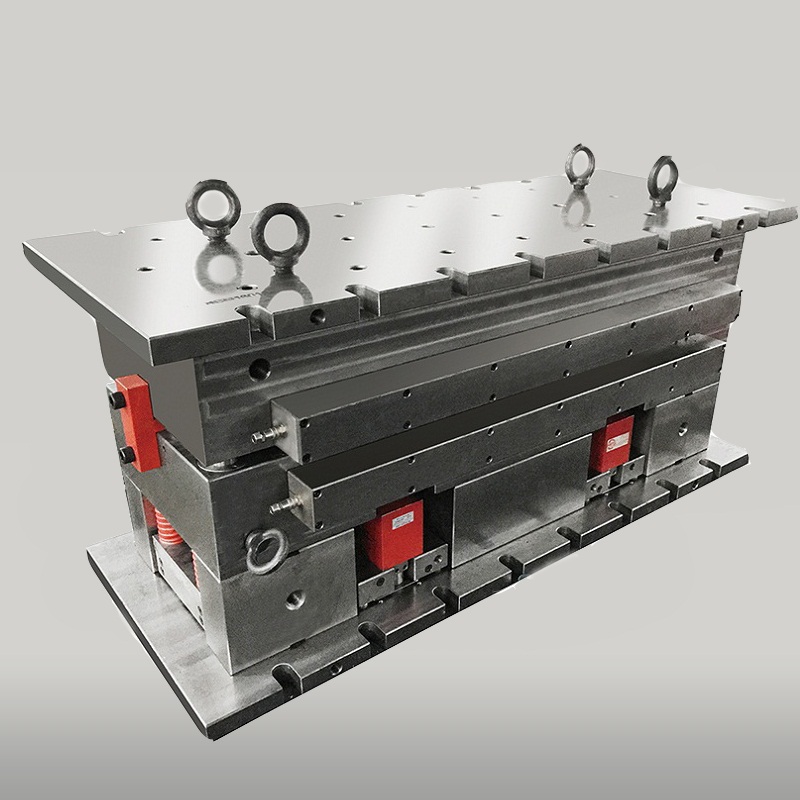Exploring the Diverse Applications of LFT Molds in Iran's Industries
2024-03-29
Iran's industrial landscape is diverse and dynamic, with a wide range of sectors contributing to the country's economic growth and development. In recent years, there has been a growing demand for advanced manufacturing technologies and materials, including Long Fiber Thermoplastics (LFT), which have found applications across various industries. In this blog post, we'll explore the main applications and industries in Iran that utilize LFT molds.
1. Automotive Industry: The automotive sector is one of the primary users of LFT materials and molds in Iran. LFT components are increasingly being used in vehicle interiors, exteriors, and under-the-hood applications due to their lightweight, high-strength, and corrosion-resistant properties. LFT molds are utilized in the production of automotive parts such as bumpers, dashboards, door panels, and structural components, helping to enhance vehicle performance, fuel efficiency, and safety.
2. Construction and Building Materials: Iran's construction industry relies on LFT materials for a variety of applications, including structural components, insulation, and architectural elements. LFT molds are used to produce a wide range of construction materials such as composite panels, profiles, and reinforcements, which offer durability, weather resistance, and design flexibility. These materials are utilized in residential, commercial, and infrastructure projects across the country, contributing to the development of modern and sustainable built environments.
3. Electrical and Electronics: The electrical and electronics industry in Iran utilizes LFT materials and molds for the production of components such as enclosures, housings, and connectors. LFT materials offer excellent electrical insulation properties, thermal stability, and mechanical strength, making them suitable for a wide range of applications in the electrical and electronics sector. LFT molds enable the precise shaping and customization of components to meet the specific requirements of electronic devices, appliances, and power distribution systems.
4. Consumer Goods and Appliances: LFT materials are increasingly being used in the manufacturing of consumer goods and appliances in Iran. LFT components offer advantages such as lightweight design, impact resistance, and aesthetic appeal, making them ideal for products such as furniture, sporting goods, and household appliances. LFT molds enable the production of complex and intricate shapes with high dimensional accuracy, allowing manufacturers to meet the demands of discerning consumers in the Iranian market.
5. Aerospace and Defense: The aerospace and defense industries in Iran are also leveraging LFT materials and molds for various applications. LFT components are used in aircraft interiors, structural components, and defense systems due to their lightweight, high-strength, and fire-resistant properties. LFT molds play a critical role in the production of aerospace and defense components, ensuring precise geometry, tight tolerances, and consistent quality in the manufacturing process.
In summary, LFT molds are utilized across a diverse range of industries in Iran, including automotive, construction, electrical and electronics, consumer goods, and aerospace. These molds enable the efficient production of high-quality LFT components and products, contributing to the advancement of manufacturing capabilities and the competitiveness of Iranian industries on both domestic and international fronts. As demand for advanced materials continues to grow, the adoption of LFT technology is expected to further expand, driving innovation and growth across various sectors in Iran's industrial landscape.



